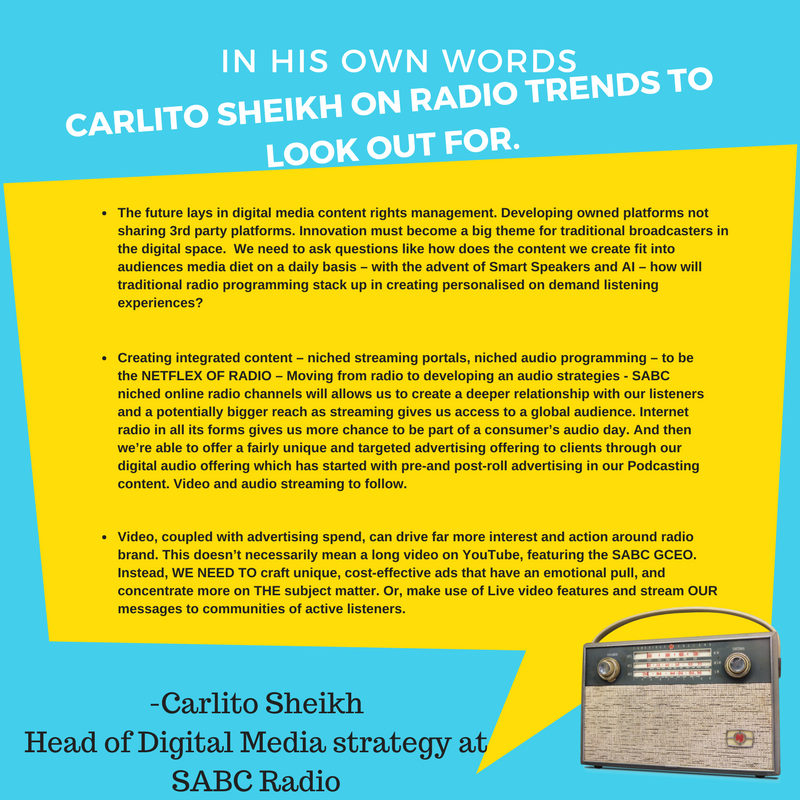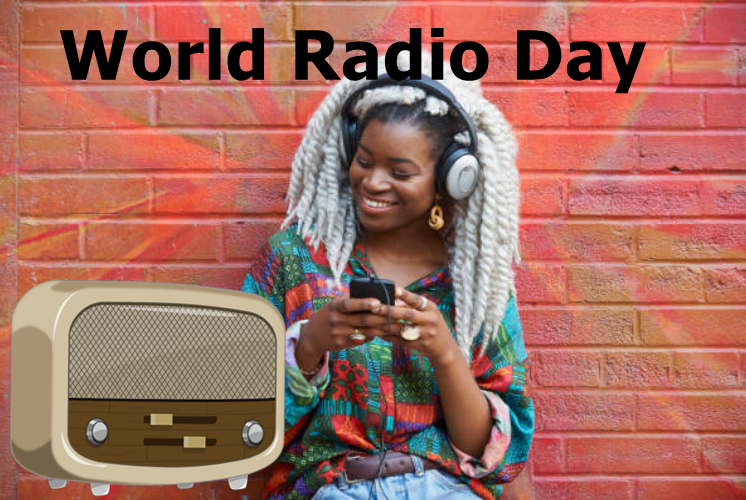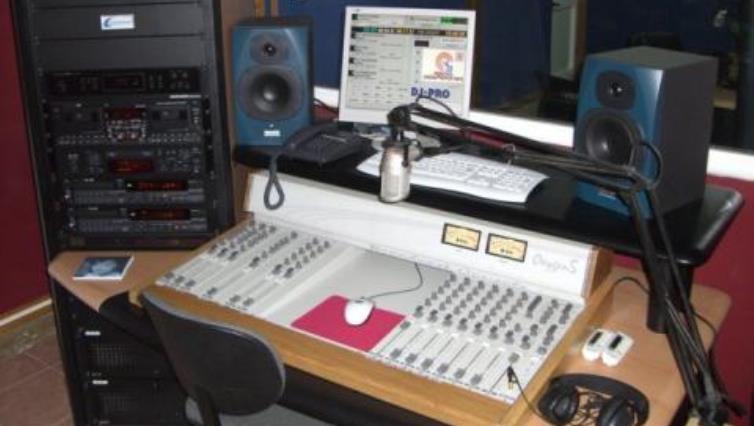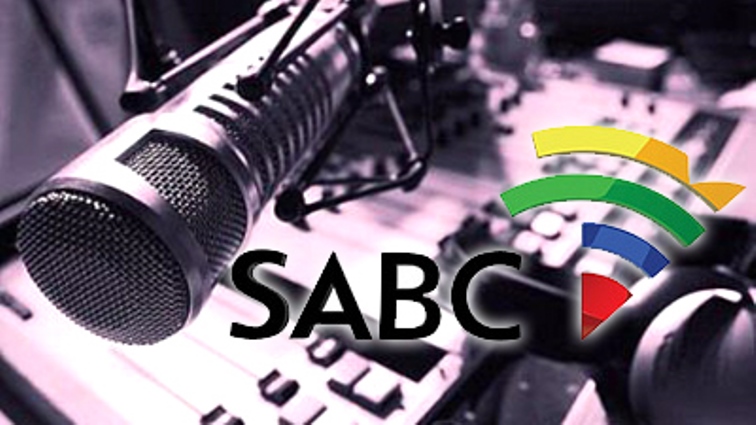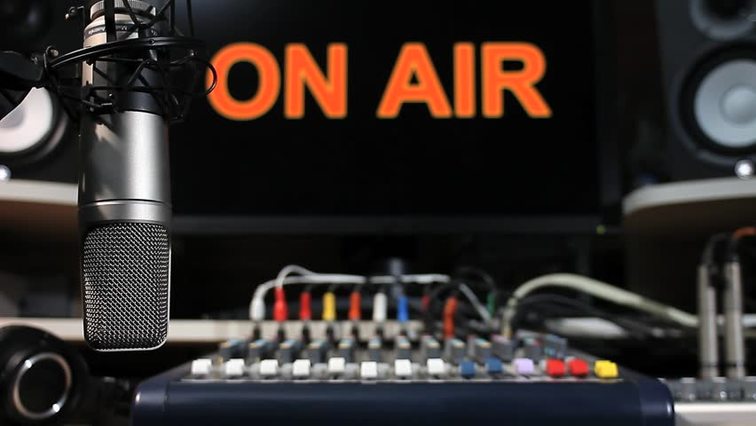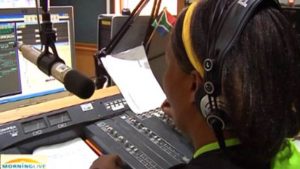The radio has evolved since the first broadcast by Italian engineer Guglielmo Marcconi in 1901.
On 13 February 2018, World Radio Day – themed ‘radio and sports’ – celebrates how radio broadcasting of sports has promoted freedom of speech, cultural diversity and expression.
The growth in internet usage in South Africa has expanded radio reach across the world, and South Africa has stayed abreast.
“This year with the Winter Olympics now underway, we can also recognize the many ways in which sports broadcasting brings people together around excitement and achievements,” says UN Secretary-General António Guterres.
“The internet has destroyed barriers to entry and makes radio content accessible anywhere and at any time. Time shifting – audio content on demand. In South Africa, where broadband is expensive and people have less access to technology, the multiplatform nature of radio is increasingly evident,” says Carlito Sheikh, head of Digital Media Strategy at SABC Radio .
Radio remains a popular medium in South Africa and the growth in internet usage has given listeners more options to consume the medium.
According to Broadcast Research Council of South Africa (BRC), between April 2017 – September 2017, 72% of South Africans still listened to the traditional radio, 37% on their cellphone, 25% listen in their vehicles, 10% listen via their TVs and 2% on their computers. This is according research conducted for the period April 2017 – September 2017.
How South Africans listen to the radio
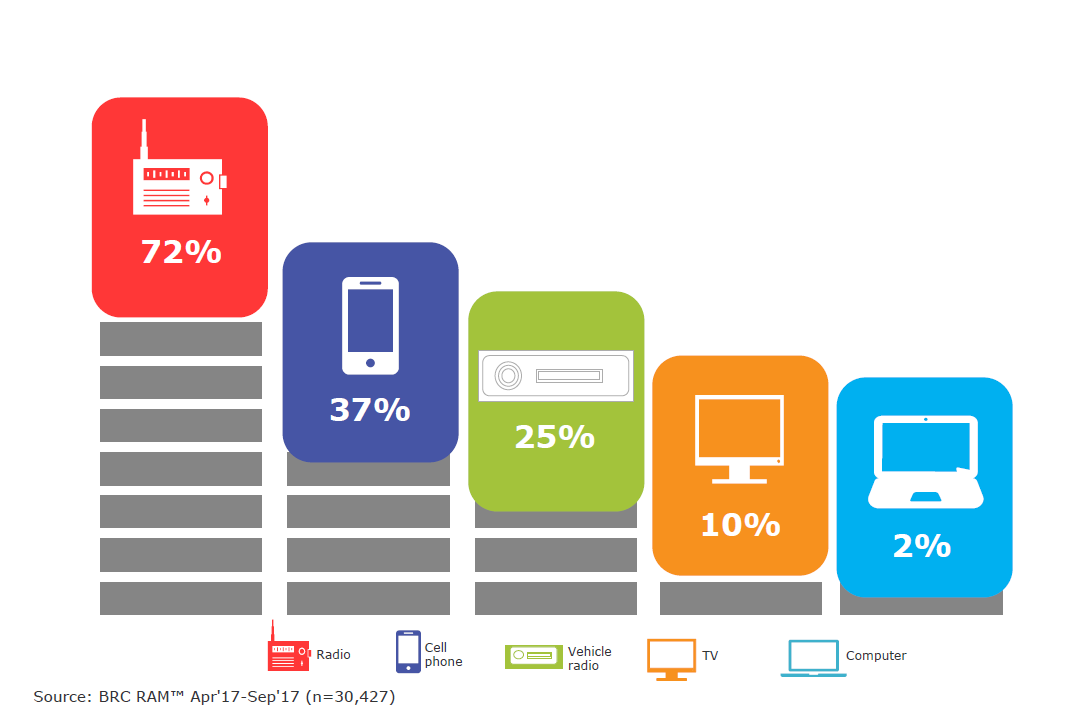
Where South African listen to the radio
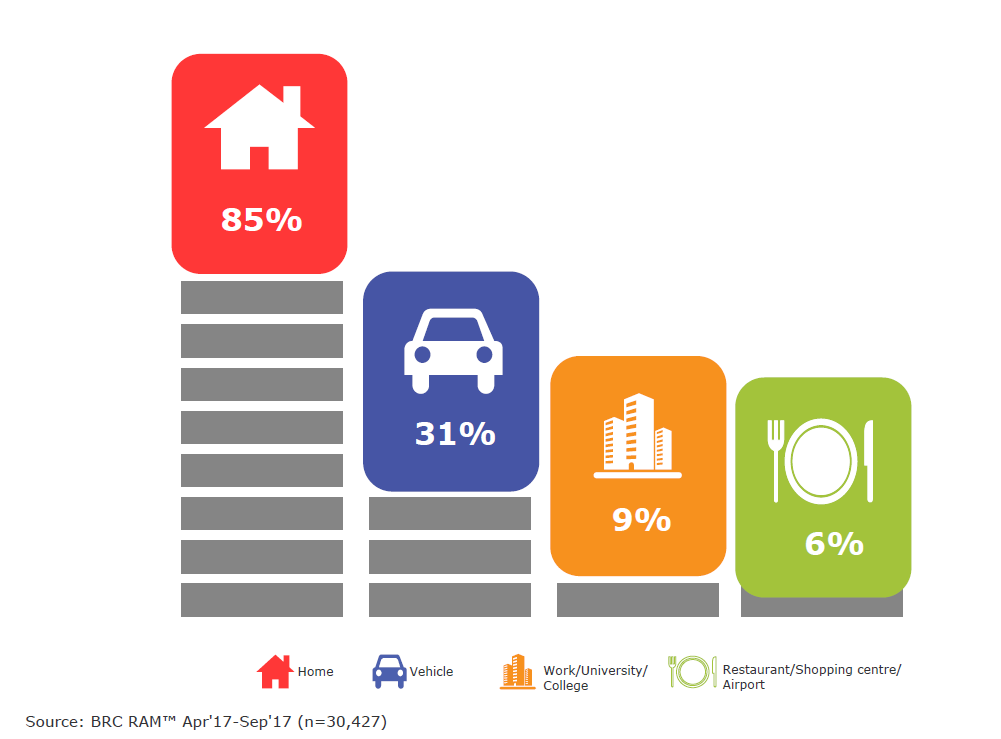
Does SA’s high data cost affect radio streaming?
The high cost of data has not hindered South Africans sports lovers from listening to the latest soccer updates online.
Online audio platform COO Francois Retief says the price of data in South Africa has had an impact on how South Africans listen to radio, but it has not necessarily slowed down consumption.
“A lot of international platforms aren’t very conscious, but Iono has been developed from the beginning to use very effective data compression,” says Retief.
“I don’t think data is such a big stumbling block, in fact one of the large providers that we have on Iono is Soccer Laduma, the soccer publication,” says Retief.
He notes how the soccer publication started podcasting in October 2016, publishing one podcast a week and reaching 2 million downloads before the end of February 2017.
“They would easily get more than 100 000 downloads per episode,” says Retief.
He says the soccer publication is considered a very low LSM content provider .
“These are people on Blackberry’s, Nokias and cheap Android phones. They find it valuable to download 20 minutes of Soccer Laduma episodes. I think data cost definitely plays a role but I don’t think it such a big stumbling block if you have good quality content and people see value in it,” says Retief.
He says accessibility is more important.
SA and international trends.
South Africa has kept up with international radio broadcasting trends and leads the pack in Africa. However, the country has had distinctive needs compared to other countries.
Sheikh says South Africa has a very unique relationship with Digital and cannot blindly follow market leaders like the USA and Britain.
“We have very different market needs, and unique challenges with regards to affordability and accessibility,” says Sheikh.
He says South Africans need to consider how over 75% of all website traffic in the country come from mobile devices, and adapting their websites to be device agnostic.
“South Africa, and Africa, rely heavily on Mobile phones. Not only do we have one of the highest mobile penetration rates in the world, but the mobile phone is often the only device available to use. Mobile is responsible for over ¾ of all web traffic in South Africa, and as such, mobile first strategies must be your first focus,” he says.
In his own word: Carlito Sheikh on radio trends to look out for.
We asked Carlito Sheik, head of Digital Media strategy at SABC Radio: Are there any new trends to look out for in the coming years in terms of radio broadcasting.
